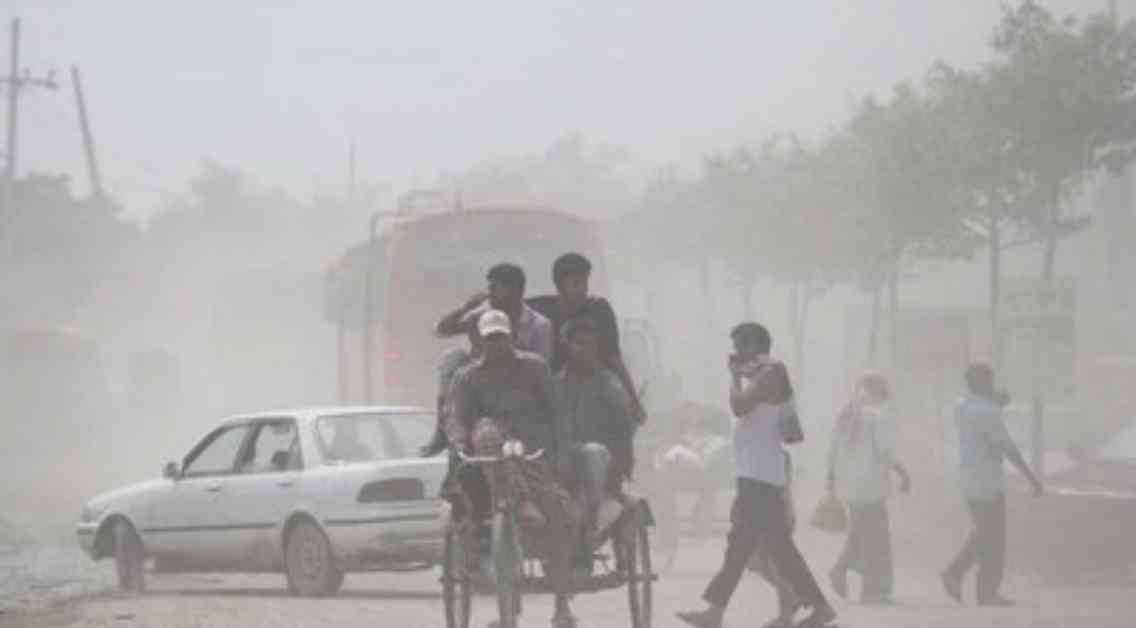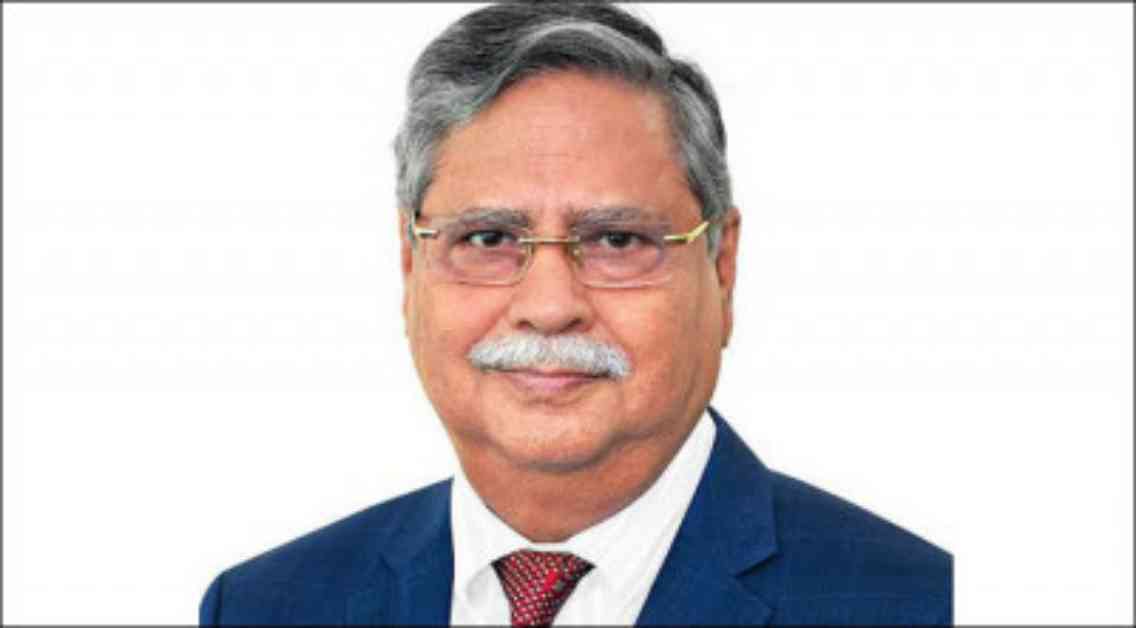Ignoring High Court’s Directives Leads to Increase in Air Pollution in Dhaka
Dhaka, the bustling capital of Bangladesh, is grappling with a severe increase in air pollution, disregarding the High Court’s repeated directives to combat the issue. The city’s air quality has deteriorated significantly in recent weeks, earning it the dubious distinction of being one of the most polluted cities globally. Experts warn that the levels of particulate matter, especially PM2.5, in the air far exceed the limits set by the World Health Organization (WHO), posing serious health risks to residents.
Expert Insights on the Causes of Air Pollution
Specialists attribute the surge in air pollution in Dhaka to a combination of factors, including unchecked industrialization, unregulated construction practices, outdated and poorly maintained vehicles, open burning of biomass, and indoor pollution. These elements contribute significantly to the alarming levels of air pollution in Bangladesh’s capital.
High Court Directives and Lack of Implementation
Despite the High Court issuing nine directives to curb air pollution, there has been a glaring lack of adherence to these guidelines. Construction sites continue to transport materials without covering them, failing to comply with the court’s orders. Moreover, water is not being sprinkled on construction sites as mandated, leading to dust particles freely circulating in the air. The directive to ban unfit vehicles from operating and regulate traffic based on the Road Transport Act of 2018 remains largely unenforced.
Call for Immediate Action
To address the pressing issue of air pollution, stakeholders must take urgent and effective measures as outlined by the High Court directives. Dr. Ahmad Kamruzzaman Majumdar, Chairperson of the Center for Atmospheric Pollution Studies (CAPS) at Stamford University, emphasizes the need for a coordinated policy approach to combat air pollution effectively. He underscores the importance of implementing sustainable short, medium, and long-term plans to mitigate the adverse effects of air pollution on public health and the environment.
As Dhaka grapples with escalating air pollution levels, it is imperative for all concerned authorities to prioritize the enforcement of existing regulations and take proactive steps to safeguard the well-being of the city’s residents. Failure to act swiftly and decisively may exacerbate the air quality crisis, posing severe health risks and environmental consequences for generations to come.
Let’s all come together to ensure a cleaner and healthier future for Dhaka and its inhabitants.



























